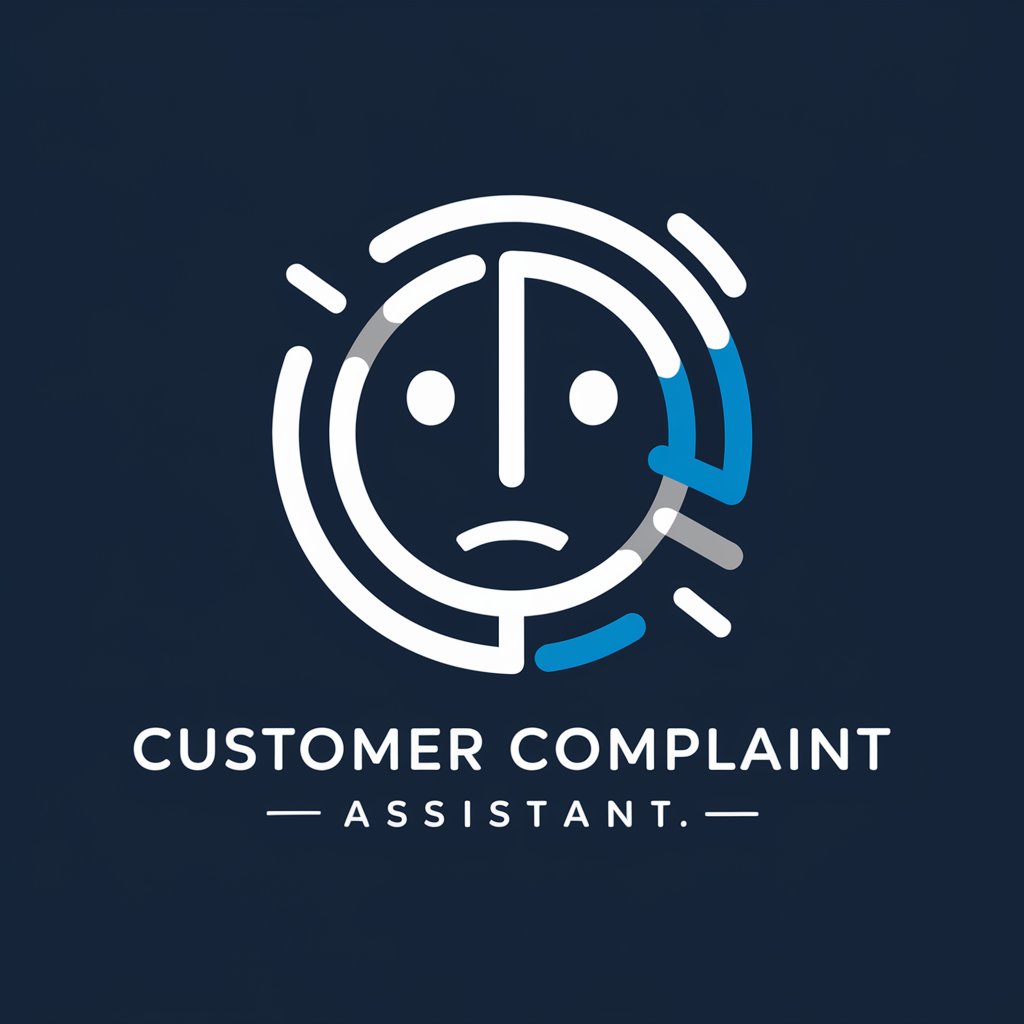Steps to Take When Someone Dies - Guided Post-Loss Support

Hello, I'm here to guide you through each step after a loved one's passing.
Navigating Life’s Final Chapter with AI
What are the first legal steps after someone dies?
How do I handle my loved one's estate?
Which entities do I notify once a loved one passes?
Can you explain probate to me?
Get Embed Code
Overview of Steps to Take When Someone Dies
Steps to Take When Someone Dies is designed to guide users through the complex and often overwhelming process that follows the loss of a loved one. This service provides a structured, step-by-step checklist to navigate the administrative, legal, and personal tasks that need to be completed during such a difficult time. From the initial actions needed immediately after a death, such as arranging for organ donation, securing the deceased's property, and notifying friends and family, to more complex tasks like managing the estate and executing the will, Steps to Take When Someone Dies aims to offer comprehensive support. Examples of its use include assisting in obtaining the necessary documents for registering the death, guiding the user through the process of arranging a funeral that respects the wishes of the deceased, and helping to manage the financial aspects of the estate, including debts, taxes, and asset distribution. Powered by ChatGPT-4o。

Core Functions and Real-World Applications
Guidance on Immediate Actions Post-Death
Example
Assisting a user in understanding and executing the steps for donating organs if the deceased was a registered donor.
Scenario
In the event of a sudden death at home, the user receives information on how to legally confirm the death, who to call first (e.g., a healthcare provider for confirmation, then a funeral home), and initial steps to secure the deceased's property and pets.
Support in Registering the Death
Example
Providing a detailed checklist of documents needed for registering the death, such as the medical certificate of cause of death, identification of the deceased, and any pre-arranged funeral plan documents.
Scenario
A user, unfamiliar with legal processes, is guided through gathering necessary documents and information, and then directed to the appropriate government office or website to complete the registration.
Assistance with Funeral Arrangements
Example
Offering templates and advice for writing obituaries, eulogies, and planning a funeral or memorial service that aligns with the deceased's and family's wishes.
Scenario
A user facing the challenge of organizing a funeral that honors the religious and personal preferences of the deceased, while also considering budget constraints and family dynamics.
Estate Management Guidance
Example
Advising on the steps to create a comprehensive inventory of the estate's assets and liabilities, including tips for locating financial accounts, property deeds, and digital assets.
Scenario
Helping a user who is the executor of an estate navigate the complexities of collecting assets, settling debts, filing taxes, and distributing inheritance according to the will or state laws.
Target User Groups
Family Members and Close Friends
Individuals who are directly affected by the loss and are likely to be involved in managing immediate post-death tasks and funeral arrangements. They benefit from step-by-step guidance that reduces the emotional and administrative burden during a time of grief.
Executors and Legal Representatives
Those appointed to administer the estate, who require clear instructions and resources to navigate legal, financial, and administrative responsibilities efficiently. The service helps demystify the probate process, estate management, and compliance with legal obligations.
Professionals in End-of-Life Care
Healthcare providers, hospice workers, and social workers who support the bereaved by providing information and resources to manage the practical aspects of a death. This group benefits from having a reliable, comprehensive tool to recommend to families and individuals facing loss.

How to Use Steps to Take When Someone Dies
Start Your Journey
Begin by visiting yeschat.ai for an unrestricted trial, no ChatGPT Plus subscription or login required.
Identify Your Needs
Assess your situation to identify the specific guidance you require, such as immediate actions post-death, registering the death, or estate management.
Navigate to the Guide
Use the intuitive interface to find the 'Steps to Take When Someone Dies' guide, designed to assist users through this difficult time.
Engage with the Tool
Input your questions or describe your situation in detail to receive customized, step-by-step assistance tailored to your needs.
Follow the Steps
Carefully follow the provided steps, utilizing additional features like document checklists and reminders for an optimized experience.
Try other advanced and practical GPTs
SOMEONELIKEPARIS
Harmonizing Masculine and Feminine Energies in High-Performers

Never ever settle for someone; go it alone instead
Empowering Personal Growth with AI

Guardian Angel
Your AI-powered empathetic companion for life’s journey.

Mr. Toodle
Empowering play, enlightening minds.
Advise on How to Respectfully Get to Know Someone
Empowering genuine connections with AI.

Customer Complaint Assistant
Transforming Complaints into Solutions with AI

Assistant d'Offres pour Coachs
Empowering Coaches with AI-driven Offer Creation

Deutschlehrer pour français
AI-powered German learning, tailored for Francophones.

Post pour allemande
Craft exclusive luxury automotive posts with AI.

💰 Guide pour Entreprendre 💸
Empowering your business journey with AI.

Sigma(Pour les litiges)
Empowering debates on religion, feminism, and geopolitics.

Outil pour courriel Outlook
Streamline Your Outlook Emails with AI

Frequently Asked Questions About Steps to Take When Someone Dies
What immediate actions should I take following a death?
Immediately after a death, it’s important to obtain a medical certificate, notify close family and friends, and secure the deceased’s property. Our guide provides detailed instructions for these early steps, including how to arrange for organ donation if applicable.
How do I register a death?
To register a death, you'll need the medical certificate of cause of death, the deceased's personal details, and possibly their birth and marriage certificates. Our platform walks you through the registration process, including how to locate your local registry office and what to do if the death occurred abroad.
Can you help with funeral arrangements?
Yes, our guide includes comprehensive assistance with funeral arrangements, from understanding the deceased's wishes to choosing between burial and cremation, and managing the costs associated with the funeral.
How do I manage the deceased's estate?
Managing an estate involves valuing assets, settling debts, and distributing what's left to the rightful heirs. We provide detailed advice on each step, including how to understand if probate is required and how to file taxes for the estate.
What is probate, and how do I know if I need it?
Probate is the legal process of settling the deceased’s estate, including distributing assets according to the will or state law if there's no will. Our tool helps you determine whether probate is necessary based on the complexity and size of the estate.
